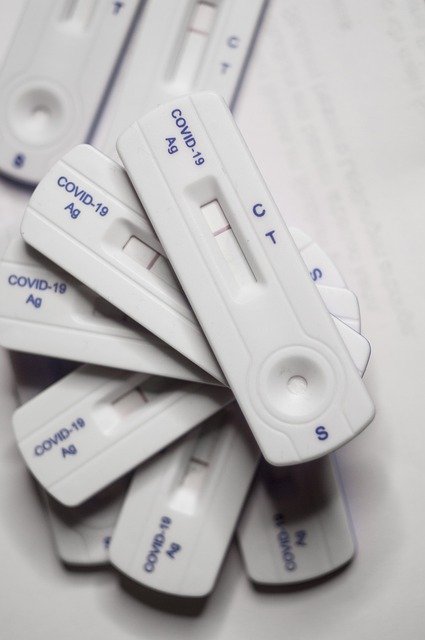
The government of Canada is scrapping a requirement that visitors headed north, or Canadians returning home, show results of a COVID-19 test to cross the border. The relaxation of what has been a burdensome and highly unpopular requirement will take effect on April 1. Travelers at airports and land crossings must, however, be fully vaccinated and some random testing may be taken at border crossings.
Travelers will not need to get either a PCR/molecular test on an antigen COVID-19 test before coming to Canada. The requirement has been to undergo the test at least 72 hours before departure to Canada. The PCR test, required until last month, regularly cost more than $200 (Canadian).
A fully vaccinated traveler will still be required to complete a questionnaire on the ArriveCan mobile app or the government of Canada website before going to the border. It will contain questions about a person’s vaccination and travel history.
“I think it is fair to say that we are now entering into a transition phase in this pandemic,” federal Health Minister Jean-Yves Duclos told reporters. “We have the power – individually and collectively – to reduce the impact of the virus in our lives.”
Under Canada’s testing requirement, travelers testing positive for COVID-19 were not permitted to cross into Canada until 10 days after a positive test. The requirement worked inconvenience particularly on Canadians visiting relatives in “the States” and stirred dislike in border communities. “This could not be more welcome news,” Canada’s Frontier Duty Free Assn. said in a statement. The scrapping of the requirement “will allow border businesses, like duty free stores, to be on the road to recovery.”
Unvaccinated or partially vaccinated Canada-bound travelers will still be subjected to testing requirements. Duclos said such travelers will undergo molecular tests on arrival, and on the eighth day after arrival. These travelers will be required to quarantine for 14 days regardless of test results.
British Columbia health officials reported Wednesday that 329 people were in hospital with COVID-19 with 51 in intensive care. The number hospitalized is down 56.8 percent from a month ago when 762 were hospitalized with the virus. Intensive care is lower by 57.8 percent from a month ago, when 121 persons were in ICU. “High vaccination rates and strong adherence to public health measures have pushed us (down) from the peak of the Omicron wave,” said Duclos.
British Columbia has reported a 90-plus vaccination rate among those over 12. Six days ago, the province lifted its face coverings order. Masks are now optional for people in all indoor public settings. Individual businesses and organizations can choose to continue to require mask wearing on their premises.
Indoor common-area mask requirements for employees are no longer required, although employers may choose to continue to require wearing masks for operational reasons or in certain settings. Restrictions on attendance at faith gatherings, based on vaccination status, were also scrapped. Masks are still encouraged on public transit and BC Ferries but are no longer required under public health order.
Vaccination rates in Canada have been higher than in America. But the usually staid country experienced an unusual upsurge in anti-vax protests during February, when a convoy of trucks protesting vaccine mandates occupied downtown Ottawa. What started as a truckers’ protest would come to embrace anti-vaxxers and a variety of far-right causes. The blockade of a bridge at Windsor, Ontario, briefly disrupted a major crossing vital to the automobile industries in both countries.
Discover more from Post Alley
Subscribe to get the latest posts sent to your email.

What vaccine mandates were the truckers protesting before they were taken over by far-right causes ?
I fear that anything or anyone who Joel Connelly disagrees with or simply does not like will qualify as “far right.” Maybe 9/10ths of the human race…